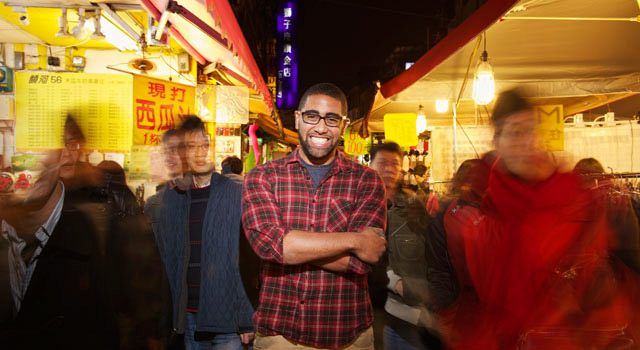Page 64 • (732 results in 0.034 seconds)
-
helping me think aloud and in writing. Don’t be fooled by Charles Musgrove’s dogs. They would be strictly distinguished from pets, the indoor companions who became popular in Austen’s time, and who are given affectionate names and are not at work in the field or employed for the hunt. Other related meanings that might be implicit in Carriera’s allegory include the rabbit’s early modern association with Venus and love, as well as to women’s cunning and sexual organs. See Victoria Dickerson’s wonderful
-
. Also encouraging, the Conference of the Modern Language Association has in the last two years sponsored three panels on animals which might be described as “pro-animal,” that is, which move beyond studies of animal imagery in, say, Shakespeare or Moby Dick.Such conferences are made possible by a wealth of new research on animals in a wide range of fields. For some time, the conversation about human-animal relations has been largely dominated by terms derived from philosophical ethics. Other fields
-
training and education in the professions which modern society requires” [my italics]?To date, we have begun discussions about new programs in which courses offered by faculty in the professional schools would be combined with courses traditionally offered by faculty in the College of Arts and Sciences. Professors in the professional schools are also being drawn into foundational courses, such as the Freshman experience. Potential cross-disciplinary programs that result from such creative overlaps are
-
is a communication/mass media and journalism major with a minor in global development at PLU. Since leaving her hometown of Anchorage, Alaska, Genny has been exploring new places. From backpacking in south and central America and central Europe to a semi-settled life in the Puget Sound, Genny has enjoyed writing and telling stories. You can find her work around campus, through PLU’s Division of Marketing and Communications as well as Mast Media, and in The News Tribune of Tacoma. She’s embraced
-
influenced the nature of "knowledge" about archaeological discoveries by looking at how they have been interpreted and understood in the sociopolitical contexts of the modern countries where they are located. Science makes lofty claims that it is an objective mode of inquiry. In other words, science claims that the analysis and interpretation of data (in this case, bones, stones, and pottery, etc.) is carried out free of bias. This course will take care to evaluate this proposition. This course may
-

travelled to Lhasa, Tibet, where he watched devout Buddhists make a pilgrimage to a city and prostrate themselves in a circuit around the temples with prayer wheels, especially at the Jokhang Temple, one of the holiest sites in Tibet to Buddhists. Prayer flags would snap against the wind, along with the Chinese national flag. Centuries old streets, would intersect with more modern boulevards. Smells of spices, dust and exhaust fumes would compete for dominance. “I was just transfixed by the place,” he
-

work of repertoire in North America. They get to work with one of the world’s best-known conductors and one of the best-known composers of modern repertoire. There is great value in learning to collaborate on such a large scale and in such a visible setting. And I believe ultimately all the performers will be moved by the music and its connection to the story. The SOAC focus this year is on storytelling. What do you think this concert has to say about the art of communicating? We’re telling the
-
with her extraordinary ordination in Chicago at the age of 27. That meant Rude was ordained outside the requirements of the ELCA and thus recognized by her congregation as a pastor, but not by the ELCA. In 2011, her ordination was recognized by the ELCA and she became an official member of the church’s clergy. “In our modern political climate, as well as the Lutheran church, there is often a sense of ‘let’s just all more or less be the same and get along,’” Rude said. “I’m more passionate about how
-
celebration of the secular was every bit as important as the sacred. The two came into dialog, one whose fiery confrontation has not yet gone cold. Certainly, the roots of the modern Western university are buried deep in this tradition, and out of those roots stem such intellectual achievements as Kant’s magnificent critiques and the poetry of Goethe.Ours, however, is a time when word usage supplants etymology and neologisms abound in word-play—for good and for ill. May they be for the Good! So, the
-
traditional paradigms — as she did with her extraordinary ordination in Chicago at the age of 27. That meant Rude was ordained outside the requirements of the ELCA and thus recognized by her congregation as a pastor, but not by the ELCA. In 2011, her ordination was recognized by the ELCA and she became an official member of the church’s clergy. “In our modern political climate, as well as the Lutheran church, there is often a sense of ‘let’s just all more or less be the same and get along,’” Rude said
Do you have any feedback for us? If so, feel free to use our Feedback Form.


